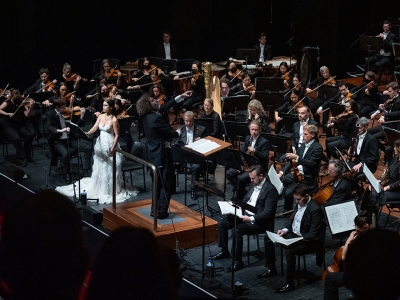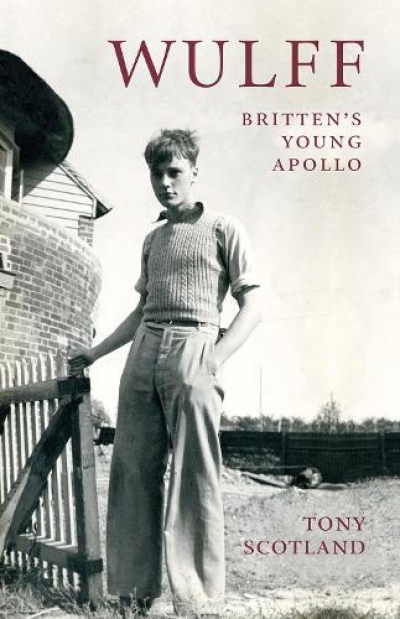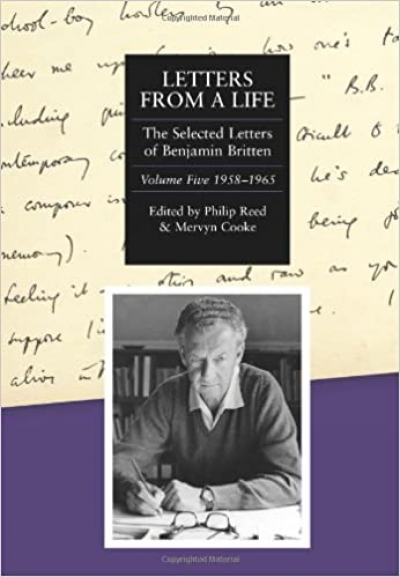Benjamin Britten
Understandably, the focal point of musical interest in Sydney in recent months has been Bennelong Point, more specifically the newly revamped Concert Hall at the Opera House. Central here has been the Sydney Symphony Orchestra under the new leadership of Simone Young, offering a series of wide-ranging and exhilarating concerts. But there has been other music making. Sydney’s indefatigable Sydney Chamber Opera has not been idle, and Friday saw the première of Awakening Shadow, an intriguing new/old work by Australian expatriate composer, Luke Styles, It comprises a melding of original music by Styles that enfolds the five Canticles of Benjamin Britten (1913–76).
... (read more)Benjamin Britten’s War Requiem was written for the consecration of the new Coventry Cathedral in 1962, after the old cathedral had been destroyed by German bombing raids in 1940. He dedicated the work to four friends, three of whom were killed while on active service during World War II, and the fourth of whom survived the war but later committed suicide. As an avowed pacificist who had been a conscientious objector during the war, Britten took the opportunity to compose a work combining the traditional Latin Requiem Mass with the anti-war poetry of Wilfred Owen: a fellow pacificist (and fellow gay man) who had served as a lieutenant in World War I and who was killed on the Western Front one week before the Armistice was declared in 1918.
... (read more)Sadly, stage productions of Benjamin Britten and Montagu Slater’s opera Peter Grimes are now few and far between in Australia, notwithstanding the fact that the work’s exploration of psychological distress and social ostracisation has lost none of its currency. Britten’s score, while incorporating significant modernist musical elements, also remains both accessible and attractive. And Australia can also boast of having produced two of the finest exponents of the title role in Ronald Dowd and Stuart Skelton (who sang the role in the Sydney Symphony Orchestra’s concert version in 2019).
... (read more)A question of syphilis
Dear Editor,
I enjoyed Jeffrey Tate’s excellent review of Paul Kildea’s biography of Benjamin Britten (June 2013). It is always interesting when doctors disagree with a diagnosis – especially with the benefits of hindsight.
I agree that syphilis seldom gets to the tertiary stage without being picked up earlier (and Britten’s own cardiologist has disputed the claim that Britten contracted it). Presumably, Peter Pears would have had symptoms as well – assuming that there was no treatment with penicillin, which was available from the early 1940s. If the surgeon was correct (and, like Jeffrey Tate, I would want to see more concrete evidence), then the other possibility is that Britten may have had some fleeting liaisons of his own!
Dr Alastair Jackson, Melbourne, Vic.
... (read more)




